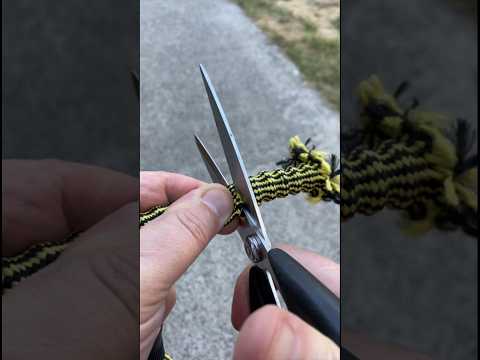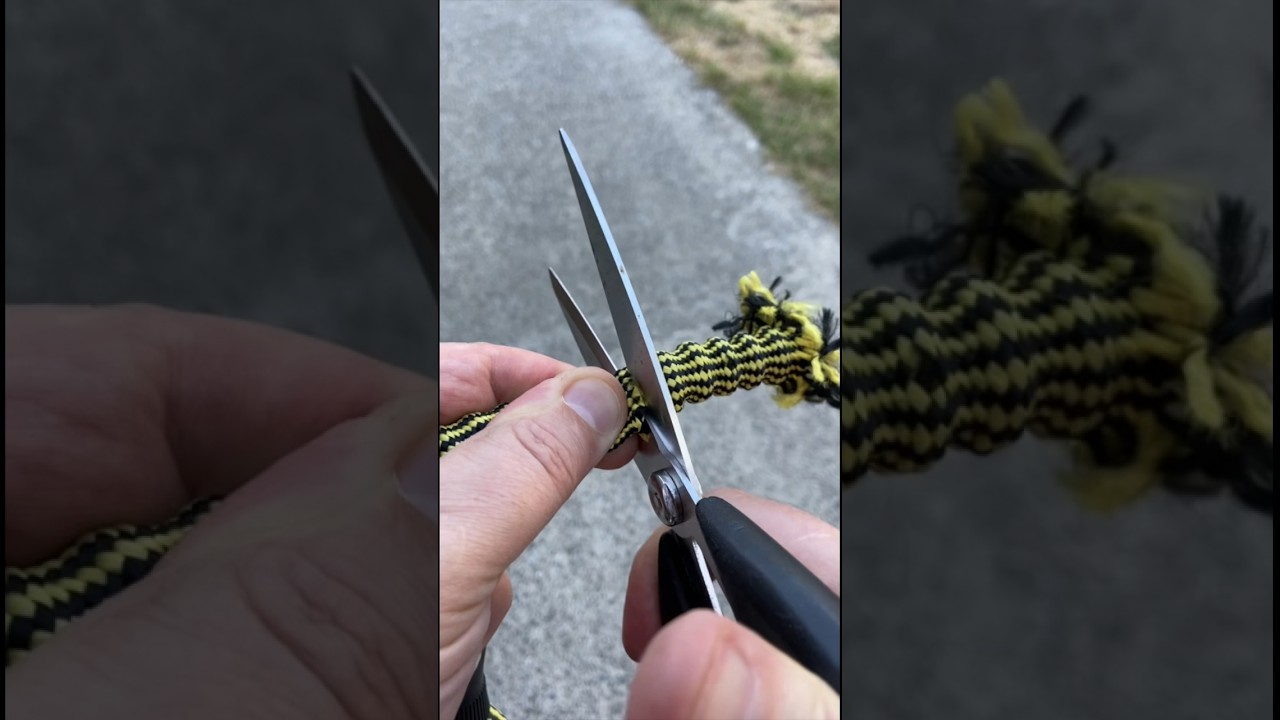Fabric Hose: Discover the ultimate watering solution with our innovative fabric hose. Crafted with cutting-edge technology and superior materials, our hose revolutionizes the way you water your garden. Durable and built to last, this hose is designed to withstand the harshest weather conditions, ensuring years of reliable use. Made from high-quality fabric, it offers flexibility and maneuverability like no other hose on the market. Whether you have a large backyard or a small balcony garden, our fabric hose effortlessly reaches every corner, making watering a breeze. Lightweight and easy to handle, it eliminates the hassle of lugging around heavy and bulky traditional hoses. Its compact design allows for convenient storage, taking up minimal space in your garden shed or garage. With its leak-proof construction, you can bid farewell to frustrating water wastage and enjoy efficient watering sessions. Say goodbye to kinks and tangles, as our fabric hose remains tangle-free and retains its shape, ensuring a seamless watering experience. Invest in our fabric hose today and experience the perfect blend of functionality, durability, and convenience for all your gardening needs.

What is Fabric Hose?
Fabric hose is a type of flexible hose made from various textile materials. It is commonly used in industries such as agriculture, construction, and mining, where it is essential for the transportation of liquids, gases, and solid materials. Fabric hoses are highly durable, lightweight, and resistant to abrasion, making them suitable for a wide range of applications. In this article, we will explore the features, benefits, and uses of fabric hose.
The Features of Fabric Hose
Flexibility: One of the key features of fabric hose is its flexibility. It can be easily maneuvered around corners, obstacles, and tight spaces, making it ideal for applications where tight bends are required.
Strength: Fabric hose is designed to withstand high pressures and heavy loads. The textile materials used in its construction provide excellent tensile strength, ensuring that it can handle demanding applications.
Abrasion Resistance: Fabric hose is specifically engineered to be resistant to abrasion, ensuring that it can withstand harsh environments and prolonged use without experiencing significant wear and tear.
Lightweight: Compared to other types of hoses, fabric hoses are lightweight, making them easy to handle and transport. This feature is particularly beneficial in applications where frequent movement of the hose is required.
Chemical Compatibility: Fabric hoses can be manufactured to be compatible with a wide range of chemicals, ensuring that they can be safely used for transporting various liquids and gases without the risk of degradation or contamination.
The Benefits of Fabric Hose
Cost-Effective: Fabric hoses are generally more cost-effective compared to other types of hoses, such as metal or rubber hoses. Their lower manufacturing costs and longer lifespan contribute to their overall affordability.
Easy Maintenance: Fabric hoses require minimal maintenance. They are resistant to corrosion, rust, and microbial growth, reducing the need for frequent cleaning or repairs.
High Flow Capacity: Fabric hoses have a smooth interior surface that allows for high flow capacity, enabling efficient and uninterrupted transportation of liquids, gases, or solid materials.
Temperature Resistance: Fabric hoses can be designed to withstand extreme temperatures, making them suitable for use in both hot and cold environments.
Customizability: Fabric hoses can be customized to meet specific application requirements. They can be manufactured with different diameters, lengths, and fittings to ensure a perfect fit for any application.
Uses of Fabric Hose
Agriculture: Fabric hoses are widely used in agricultural applications, such as irrigation, crop spraying, and fertilization. Their flexibility and chemical resistance make them ideal for handling fertilizers, pesticides, and other agricultural chemicals.
Construction: Fabric hoses play a crucial role in construction projects, where they are used for dewatering, concrete pumping, and slurry handling. Their durability and high flow capacity make them indispensable in the construction industry.
Mining: Fabric hoses are extensively used in the mining industry for various purposes, including dust suppression, ventilation, and material handling. Their strength and abrasion resistance make them well-suited for the demanding conditions encountered in mining operations.
Firefighting: Fabric hoses are commonly employed in firefighting applications due to their lightweight, flexibility, and heat resistance. They are used for delivering water or fire retardants to extinguish fires effectively.
Industrial Processes: Fabric hoses find application in numerous industrial processes, such as chemical transfer, pneumatic conveying, and waste management. Their chemical compatibility and high flow capacity make them essential tools in industrial settings.
Conclusion
Fabric hoses offer a wide range of features, benefits, and applications that make them a preferred choice in various industries. Their flexibility, strength, and abrasion resistance, combined with their cost-effectiveness and easy maintenance, make them highly versatile and reliable. Whether it's in agriculture, construction, mining, firefighting, or industrial processes, fabric hoses provide efficient and effective solutions for the transportation of liquids, gases, and solid materials.
“The Lifespan of My Expandable Hose Repair: A DIY Garden Hose Guide”
Video Source : That Fix It Guy
Fabric Hose
Fabric Hose Information
| Property | Description |
|---|---|
| Material | Fabric hoses are typically made from a combination of synthetic fibers such as polyester, polypropylene, and nylon. These materials offer excellent resistance to abrasion, chemicals, and UV radiation, ensuring the durability and longevity of the hose. |
| Flexibility | Fabric hoses are known for their exceptional flexibility, enabling them to bend and maneuver around obstacles with ease. This flexibility is achieved through the unique weaving pattern of the fabric, providing optimal mobility without compromising on strength. |
| Temperature Range | High-quality fabric hoses can withstand a wide temperature range, from extreme cold to high heat. They are designed to maintain their structural integrity and functionality even in harsh environments, ensuring reliable performance in various applications. |
| Lightweight | One of the key advantages of fabric hoses is their lightweight nature. Compared to traditional rubber or metal hoses, fabric hoses are significantly lighter, making them easier to handle and transport. This feature is especially beneficial in applications where maneuverability is crucial. |
| Application | Fabric hoses find extensive use in various industries such as agriculture, construction, mining, and firefighting. Their versatility allows them to be employed for irrigation, water transfer, chemical handling, and even in firefighting operations. With their strong resistance to chemicals and abrasion, fabric hoses are reliable tools for demanding tasks. |
| Maintenance | Proper maintenance is essential for maximizing the lifespan of fabric hoses. Regular inspections for wear, tear, and leaks are recommended, and any damages should be promptly repaired or replaced. Cleaning the hoses after use and storing them properly can also contribute to their longevity and performance. |
As an expert in fabric hoses, it is important to understand the key properties and features that make them a preferred choice in various industries. The materials used in fabric hoses, such as polyester, polypropylene, and nylon, ensure exceptional resistance to abrasion, chemicals, and UV radiation. This guarantees their longevity and durability, even in challenging environments.
One of the standout characteristics of fabric hoses is their flexibility. The unique weaving pattern of the fabric enables these hoses to bend and maneuver effortlessly, allowing for easy navigation around obstacles. This flexibility does not compromise their strength, ensuring reliable performance in demanding applications.
Fabric hoses also exhibit an impressive temperature range tolerance. They can withstand extreme cold and high heat without compromising their structural integrity. This feature makes them suitable for a wide range of applications, where temperature variations are common.
In addition to their exceptional properties, fabric hoses are lightweight in comparison to traditional rubber or metal hoses. This advantage makes them highly maneuverable and easy to transport, thus increasing efficiency in various tasks.
Fabric hoses are widely used across industries such as agriculture, construction, mining, and firefighting. Their versatility allows for applications in irrigation, water transfer, chemical handling, and even firefighting operations. With their excellent chemical resistance and durability, fabric hoses are reliable tools for demanding tasks.
To ensure the longevity of fabric hoses, regular maintenance is crucial. Inspections for wear, tear, and leaks should be conducted periodically, with prompt repairs or replacements as needed. Proper cleaning after use and appropriate storage techniques also contribute to their performance and lifespan.
In conclusion, fabric hoses are a preferred choice due to their exceptional properties, including material strength, flexibility, temperature range tolerance, lightweight nature, and versatile applications. By understanding these features and implementing proper maintenance practices, fabric hoses can serve as reliable tools in a wide range of industries.

